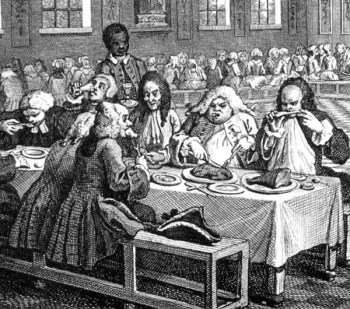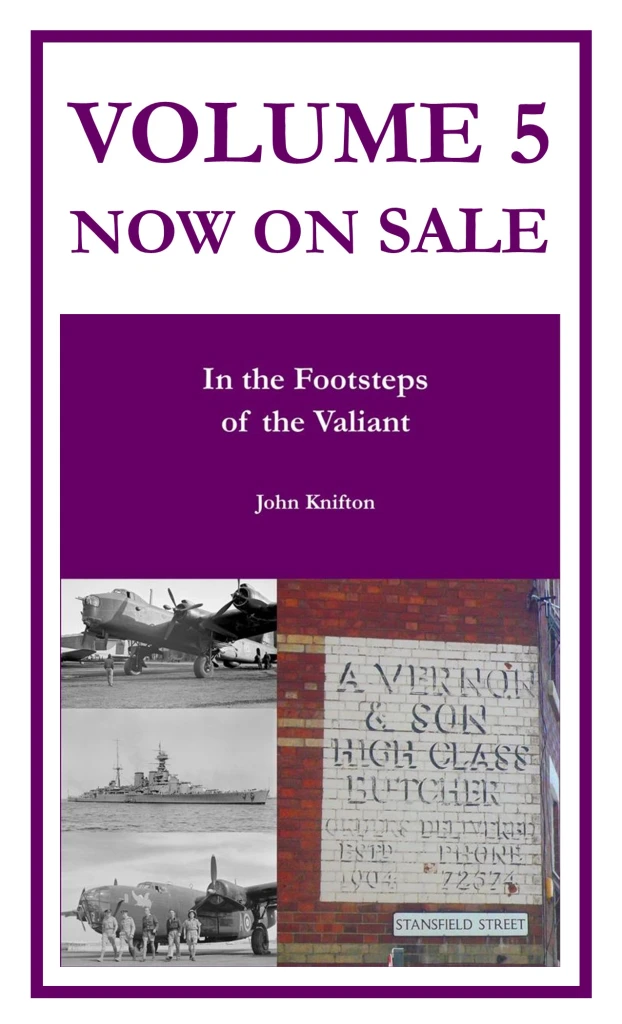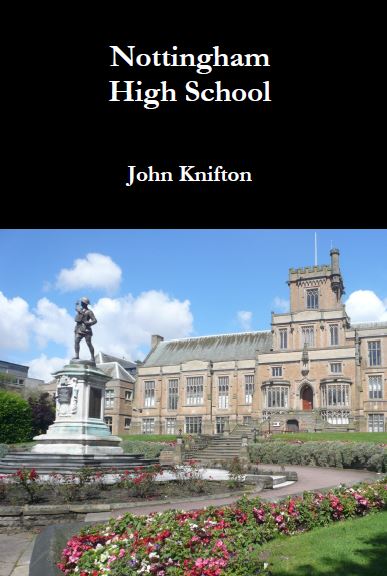Last time, I wrote about how Napoleon wanted to export the liberal values of the Enlightenment across Europe. And how the British upper classes wanted none of it. They wanted to keep society as it was, rotten the core, but with them in charge of every facet of life. And that’s why they paid countries such as Austria and Russia £65,000,000 over the years to attack and annihilate Napoleon, without any English lives being lost:
What a chance we missed by ignoring the ideas Napoleon eschewed. Just look at what Napoleon achieved in his own country.
The Code Civil was “a fundamental change in the nature of the civil law legal system with its stress on clearly written and accessible law”. It was created by committees of experts and closely monitored by the Emperor. He set up other codes for criminal and commercial law:
He set up a system which established “due process”, the requirement that the state must respect the legal rights of its citizens, and which protects the individual from a powerful government.
Napoleon carried out steps which would allow both Germany and Italy to emerge within less than a century as unified nations. He helped the USA to expand with the Louisiana Purchase:
He founded the Légion d’Honneur, awarded for excellence and achievements not just in war, but also for achievements by civilians which helped the French nation. Here is the first ever award, presented by the Emperor himself:
Napoleon abolished the ancient system which forced peasants to work as medieval serfs for their lord and master, carrying out specific jobs every year. This helped the growth of a money based economy, rather than paying rent, for example, by any other means, such as barter or the carrying out of physical tasks.
Napoléon abolished the medieval guilds, allowing the birth of the entrepreneur.
He abolished ghettos for Europe’s Jews who were made equal to everybody else. In fact, everybody enjoyed equality in every field.
The power of the church was vastly reduced, especially their ecclesiastical courts. The Inquisition came to an end. (Nobody expected that.)
His military innovations led Wellington to say, when asked who was the greatest general of the day: “In this age, in past ages, in any age, Napoleon.”
Napoleon gave enormous support to the metric system, introduced by the French revolutionary government in 1799. He made use of the process of storing and preserving perishable food in tins. His armies were the first to use the baguette:
French became the official language of the state. No more Basque, Breton, Corsican, Occitan nor, indeed, any of the countless dialects spoken in Europe’s second biggest country. Instead, everybody spoke French.
Secondary education was supported by the state, and lycées were established. State secondary schools followed the same system as nowadays. He made major efforts to keep education totally free from church interference. He introduced scholarships for poor students.
He introduced science into the school syllabus. In England, the church were still busy at this time trying to stop vaccination being introduced as anti-religious. Not so in France:
And that is not the end of Napoléon’s list. More next time.




![Debret_-_Premiere_distribution_des_decorations_de_la_Legion_d'honneur[1]](https://johnknifton.files.wordpress.com/2016/05/debret_-_premiere_distribution_des_decorations_de_la_legion_dhonneur1.jpg?w=500&h=384)
![frenchrepubliccinqcent500francsxxxxxxxxxxxxxxxxxxxx]](https://johnknifton.files.wordpress.com/2016/05/frenchrepubliccinqcent500francsxxxxxxxxxxxxxxxxxxxx.jpg?w=500)
![monty-python-spanish-inquisition_article_story_large[1]](https://johnknifton.files.wordpress.com/2016/05/monty-python-spanish-inquisition_article_story_large1.jpg?w=500)
![1415357107592.cached[1]](https://johnknifton.files.wordpress.com/2016/05/1415357107592-cached1.jpg?w=500&h=333)










![house-of-lords4[1]](https://johnknifton.files.wordpress.com/2016/05/house-of-lords41.jpg?w=500)












